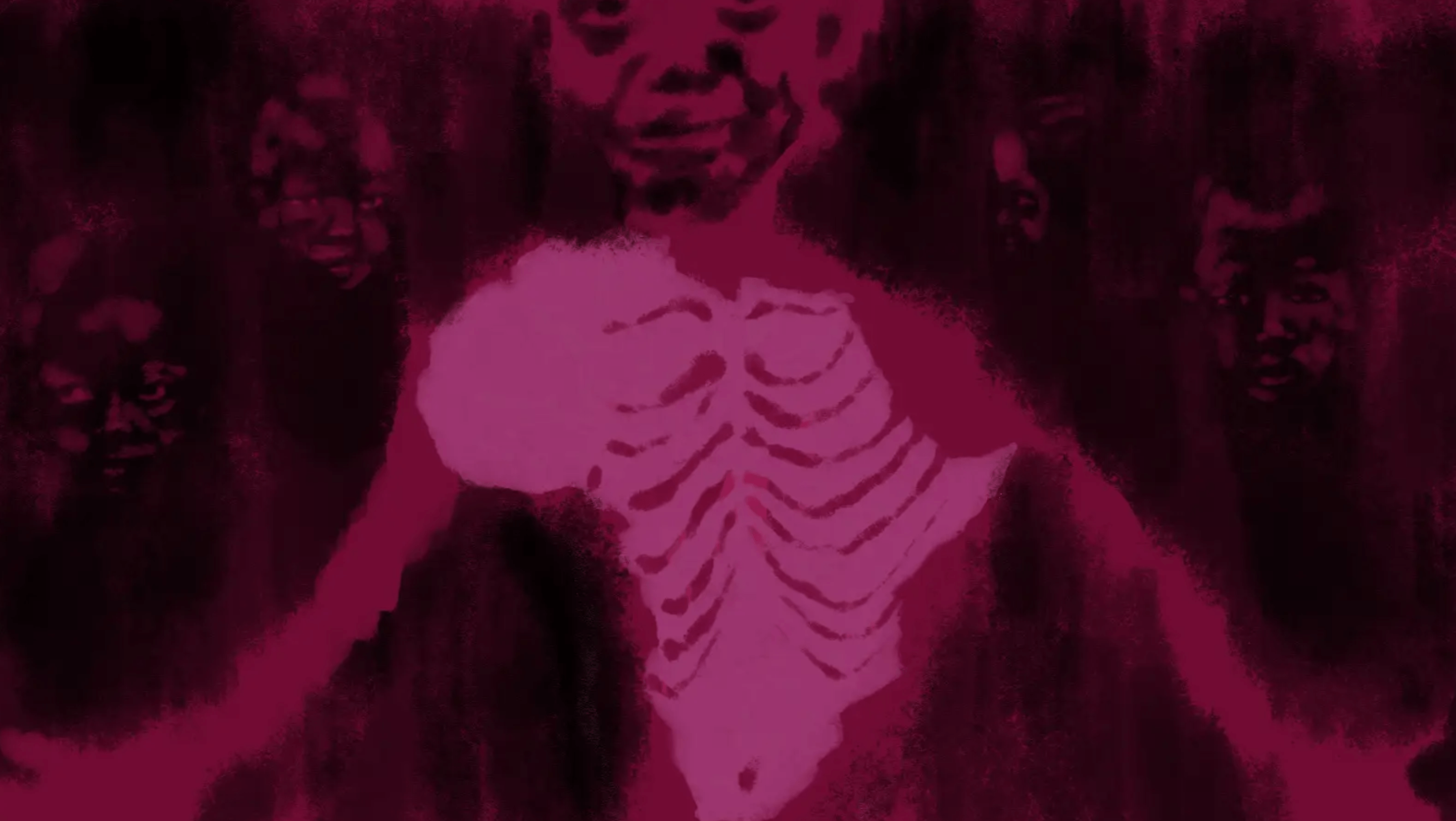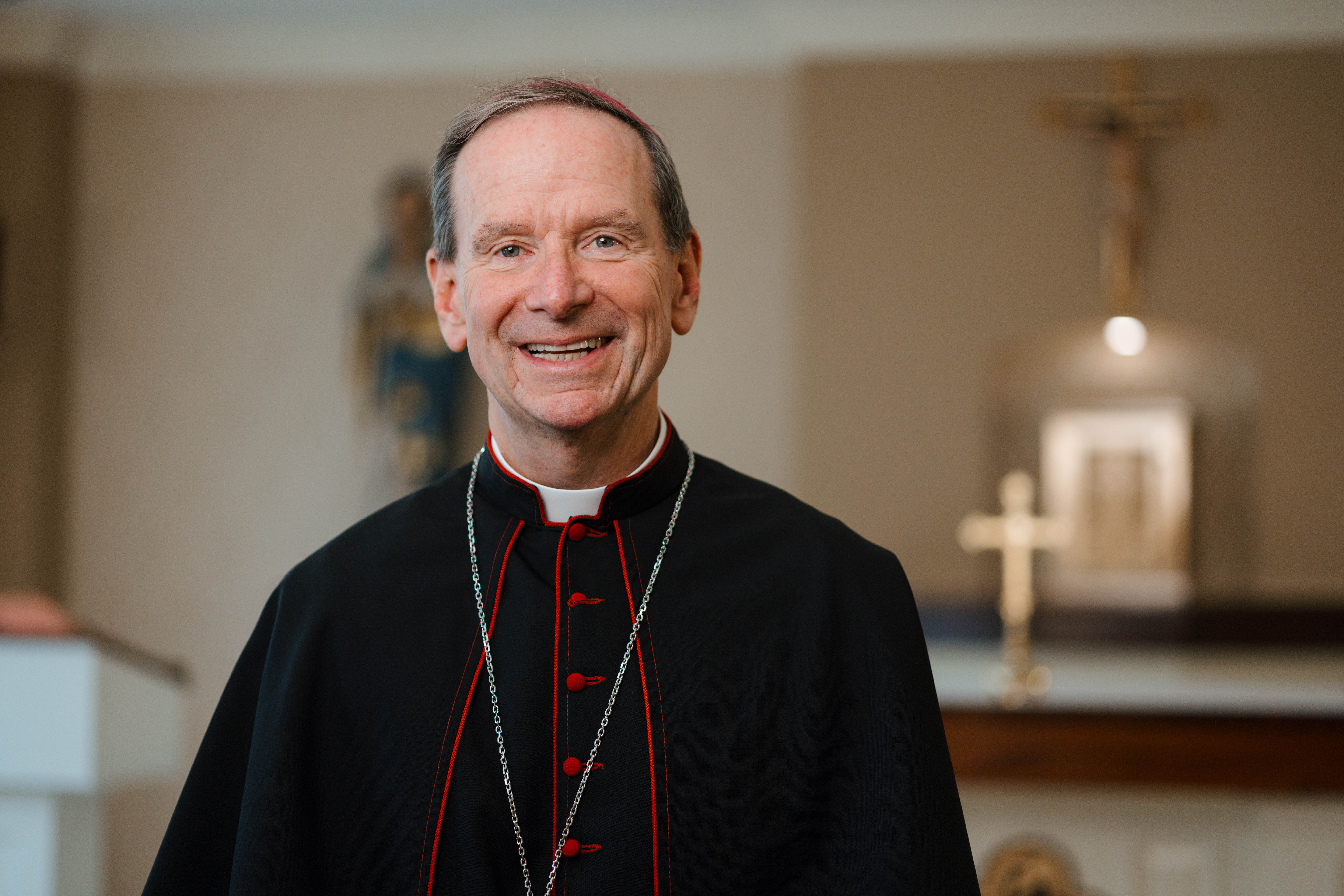Through ‘The Friendship Bench,’ grandmothers address a mental health crisis

Here & Now‘s Deepa Fernandes speaks with psychiatrist Dixon Chibanda about his new book “The Friendship Bench: How Fourteen Grandmothers Inspired a Mental Health Revolution.”
It’s the story of how Chibanda enlisted the help of 14 grandmothers to provide counseling to Zimbabwe’s woefully underserved population. The program has trained more than 3,000 grandmothers and inspired similar programs worldwide.
Book excerpt: ‘The Friendship Bench’
By Dixon Chibanda
The Power of Storytelling in Community
As one of only a handful of psychiatrists in Zimbabwe — a country of nearly seventeen million people that is still reeling from the impacts of colonization, war, poverty, disease, displacement, and other traumas that often remain unnamed and unaddressed — I recognized early in my career that mental health professionals were not sufficient to meet the needs of a struggling populace. This is true outside of my country, too.
On average, there is only one psychologist or psychiatrist per 1.5 million people in under-resourced parts of the world. In Zimbabwe, for example, when I started Friendship Bench, we had six practicing psychiatrists; today we have just under twenty. In Ghana, to give another example, there are just over thirty psychiatrists for a population of more than thirty-four million. Most of us are also aware that we are in the midst of an excruciating global mental health epidemic that has taken a harsh toll with respect to the sheer numbers of people living with depression, loneliness, anxiety, posttraumatic stress disorder, addiction, and suicidal ideation. In many parts of the world, adequate care is exorbitantly priced and out of reach for the average person.
I began this journey of creating the Friendship Bench in grief. Over time, I came to realize that while not everyone can see a mental health professional, most people have access to a vital untapped resource: the care, compassion, empathy, and wisdom of grandmothers — the unsung heroines of the world. Grandmothers weave together the fabric of community so that people’s fears, their shame, and their loneliness might be alleviated, so they might realize that the burdens of life are never meant to be carried alone. Unfortunately, many societies do not value the contributions of the elderly as they should, but I am lucky to have been raised in Zimbabwe, a place that honors the unique leadership of those who’ve lived long lives and have the battle scars and profound awareness to show for it.
I know from firsthand experience that sitting with a grandmother who is listening to me with the utmost compassion while sharing her own vulnerability and humanity — as we talk beneath the trees on a wooden park bench in a safe space within the community — is far different from being in a crowded clinic, waiting to talk to a specialist who might only have a few minutes at most to assess my situation. And, of course, empathy and story sharing are seldom a part of the clinical process, as I knew all too well from my own work as a psychiatrist at a bustling hospital in Harare.
In the past decade, I have become more than convinced that the answers to the global mental health crisis do not lie in more diagnoses of disorders or prescriptions for medications. Opening minds and hearts to healing is possible only when ordinary people learn to support one another in extraordinary ways. Through the program of the Friendship Bench, everyday people have created healing communities that are learning to rebuild their lives from the wreckage of intergenerational and ongoing trauma.
In addition to one-on-one talk therapy with a grandmother trained as a lay psychotherapist, Friendship Bench clients who need more support are stewarded into a support group that we refer to as a Circle Kubatana Tose, or CKT. Kubatana tose translates as “holding hands together.” In such a setting, community members empower themselves and one another to solve a range of problems, such as dealing with intimate partner violence or poverty.
Group members can relate to one another because they come from the same community and have learned the benefit of empathetic listening, in part through our training that specifically focuses on empathy as a tool for healing and in part through their own personal experience. This safe space in which to talk and be heard contributes to clients’ sense of belonging and reduces the ubiquitous (but hopefully decreasing) stigma surrounding mental health and the sharing of personal stories. In the CKT groups, clients are also engaged in income-generating opportunities, such as vegetable gardening, bread baking, chicken rearing, and crocheting items out of recycled plastic and old VHS tapes. Not only does the group become a solid form of ongoing support; it is also a vital aspect of the mental health intervention, as socioeconomic distress is one of many determinants of mental health.
# # #
One reason I decided to write this book, other than the fact that many of my colleagues and friends have urged me to tell my story for years, is that I want people to understand the powerful ways in which communities of individuals can make an impact by reaching out and connecting, especially across the intergenerational divide.
Although my story is mostly set in my home country of Zimbabwe, I have traveled the world and encountered many of the same problems in both developed and developing nations. Across the globe, we are beginning to recognize that the cultivation of community is crucial, especially given the number of people who struggle with loneliness and isolation. When we remember that we are not alone — that, in fact, we have priceless shared resources right under our noses, though we may not have seen them as such or even been encouraged to value their wisdom — transformation can happen. And oftentimes, that transformation can be life-changing.
Although many of us are in the practice of outsourcing our well-being and physical, mental, emotional, and spiritual care to institutions, such a tactic is not sustainable, because it’s couched in a transactional and inherently limiting model. As human beings, we are relational. We relate to one another through shared stories and experiences. The value of a genuine smile, a warm embrace, collective laughter, and a kind word cannot be underestimated, especially in an era when our lives are becoming increasingly automated, atomized, and disconnected from nature.
I hope my story of the Friendship Bench provides an alternative to the somber stories that speak of the limitations of institutional healthcare settings. I want the world to recognize that a single person, no matter their background or level of formal education, can make a difference and play a pivotal role in their community. Each of us has a contribution to make that can result in the betterment of our community and our world — whether that looks like building a nonprofit organization, offering financial support to a worthy cause, or simply giving someone the gift of our presence and kind attention.
Of course, it took me time to learn these lessons. In working with the fourteen grandmothers who cofounded the Friendship Bench with me, I went through my own journey — from doubt and downright skepticism (I was, after all, coming from a theoretical, scientific research–based approach) to emotional breakthroughs I had not expected. I knew that I wanted to find a way to help the millions of people I would never be able to treat in a clinical setting, but I didn’t know that the process of figuring out how to do so would transform me from the inside out.
I went from being a so-called expert to being a passionate student who would continue to learn a great deal about humanity — my own and that of others — from the people I encountered along my path. I learned to embrace my vulnerability as an asset (although the field of psychiatry at large might beg to differ!) and to connect with people in ways that engendered genuine empathy, connection, and collaboration.
Throughout my journey, I’ve learned that storytelling is a profound vehicle for healing. The grandmothers I work with often use local indigenous idioms in recounting their own stories, which helps remove the stigma associated with sharing details about one’s mental health (a stigma we are hoping to eradicate altogether). This has worked wonders when it comes to building trust, as we use a language and style people understand and can relate to. And, as we’ve found, magic is possible within communities where people can let down their guard, be themselves, and experience their intrinsic connection to the people around them.
Excerpted from “The Friendship Bench: How Fourteen Grandmothers Inspired a Mental Health Revolution.” Copyright © 2025 by Dixon Chibanda, MD. Reprinted with permission from New World Library.
link






